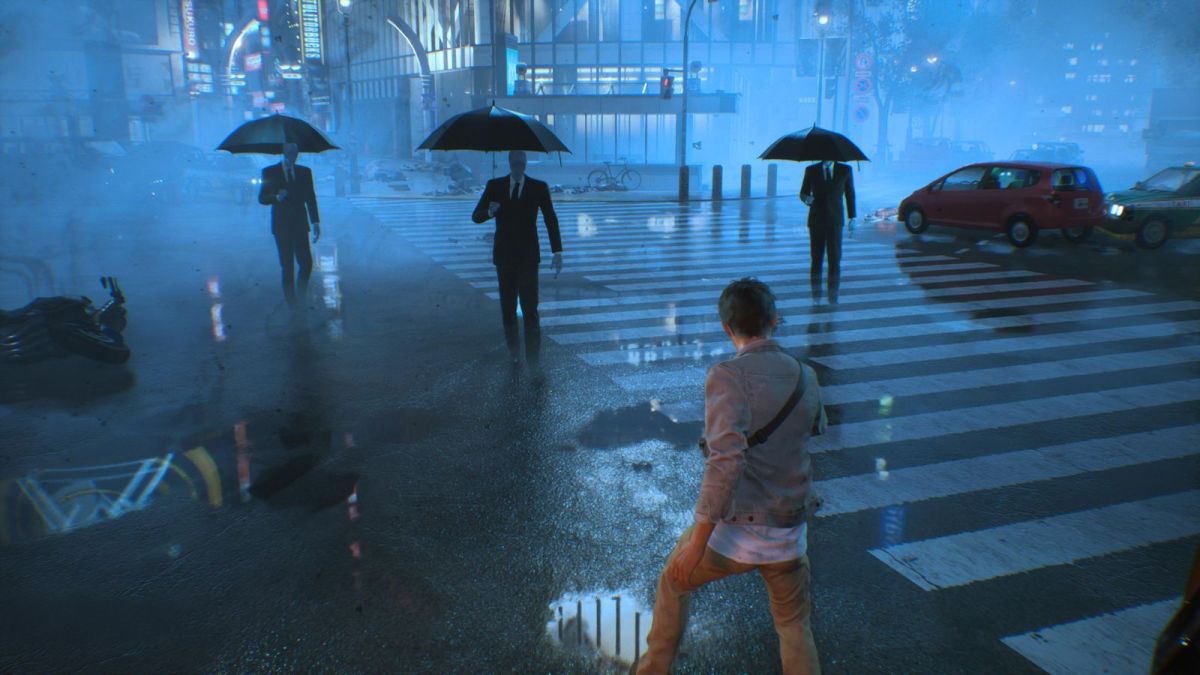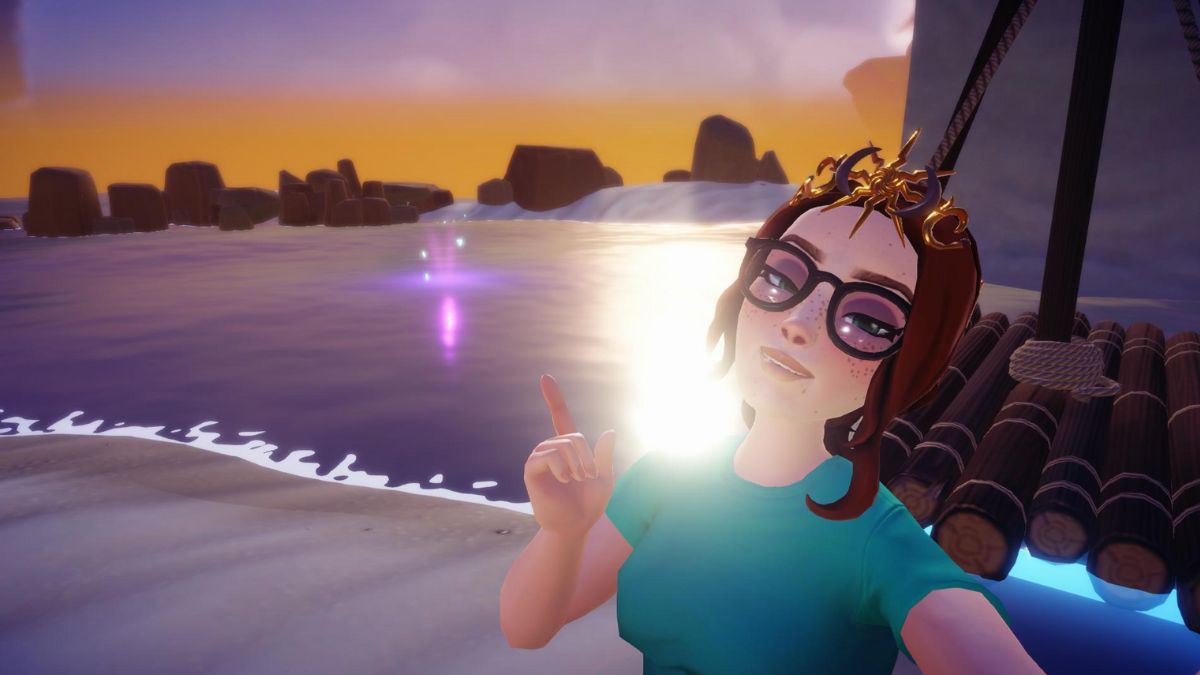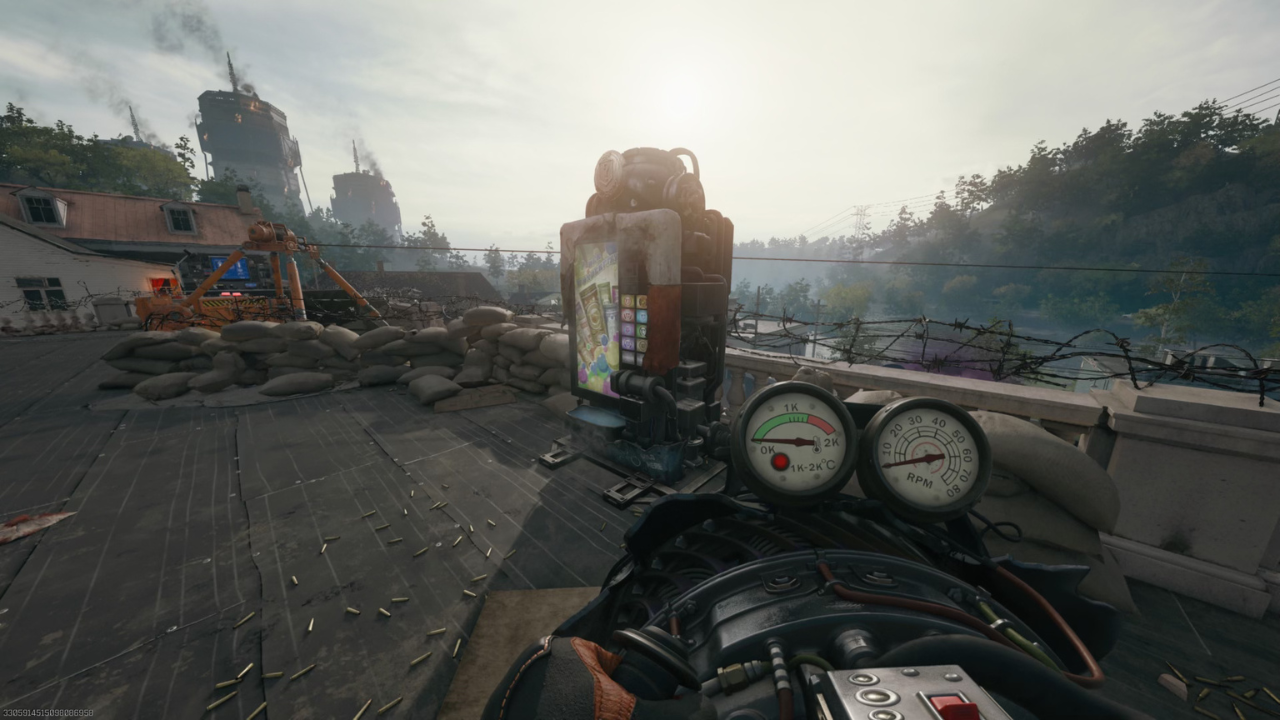Ghostwire: Tokyo — now available on PlayStation 5, Xbox Series, PC, and Xbox Game Pass — is a game about being pursued through the streets of a deserted, ominously silent Tokyo by an army of hostile ghosts and monsters straight out of Japanese folklore. The question, though, is whether Ghostwire: Tokyo is a scary game or not.
Ghostwire: Tokyo Is More Creepy Than Actually Scary as a Game
The real answer to this question is that it’s hard to say, and not simply because “scary” is a subjective term. Ghostwire doesn’t do a lot of things that are typically associated with horror games. There are no deliberate jump scares, musical stings, or moments of shocking gore. It’s violent, but most of that violence has a deliberate fantasy element to it and is directed against ghosts and monsters.
What I can say, as someone with a Platinum trophy for Ghostwire on PS5, is that Ghostwire is extremely creepy. It’s been built around the feeling of kenopsia: that eerie sense of stillness you get when you’re in some place that’s currently empty but is usually bustling with activity.
In Ghostwire, an elaborate supernatural conspiracy (no spoilers, that’s effectively in the opening movie) has cut Tokyo’s Shibuya district off from the rest of the world and reduced its inhabitants to disembodied spirits. The only human left is your player character, Akito.
Now, it’s always night in Shibuya and almost always raining. The streets are littered with the signs of lives interrupted: piles of clothing, idling vehicles, unfinished projects, abandoned phones. My abiding memory of Ghostwire: Tokyo, a little over a year later, is still walking around the empty streets of Shibuya, past empty strollers and half-finished meals, with no sound but the rain and the occasional advertising jingle.
The antagonists in Ghostwire are creepy on their own and represent a who’s who of Japanese ghost stories. I spent more time in Ghostwire getting snap-kicked in the face by headless schoolgirls than I care to admit, and the Kuchisake-onna in particular likes to pop up out of nowhere to cancel your birthday. The big streets and highways around Shibuya are patrolled by giant fog-covered mobs of ghosts, the Hyakki Yako, which translates roughly to “night parade of 100 demons.” With antagonists like these, it’s hard not to consider Ghostwire at least horror-adjacent.
Even so, Ghostwire is at its most memorable when nothing’s trying to kill you. It’s a game that’s at its best in its silences, when you can explore its abandoned city. If other horror games, such as this year’s Dead Space remake, are well-executed slasher movies, Ghostwire: Tokyo is Skinamarink. So no, Ghostwire: Tokyo is not a scary game in that sense.






Published: Apr 14, 2023 12:00 am